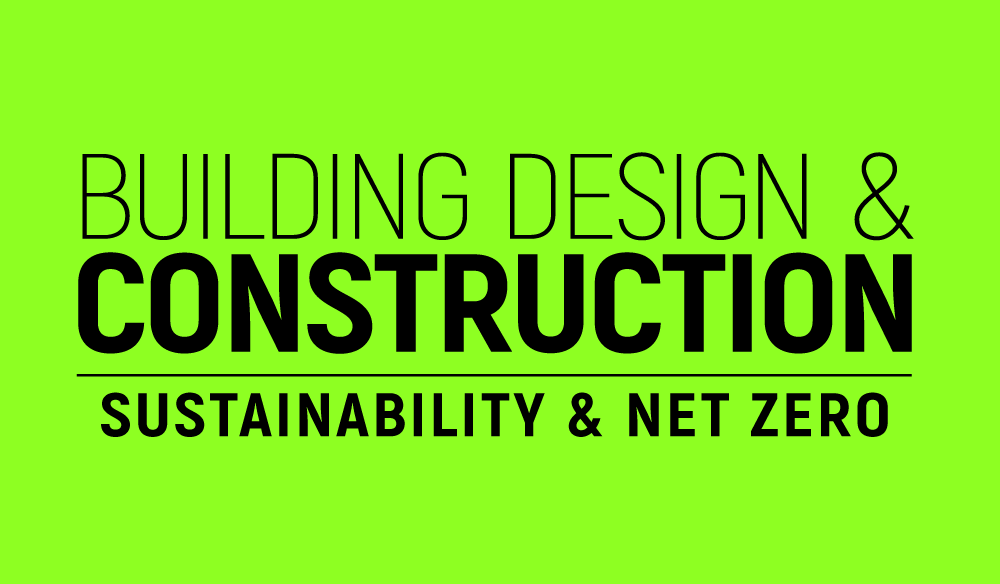Ahead of the 2025 update cycle for Nationally Determined Contributions (NDCs), the World Green Building Council (WorldGBC) announces its forthcoming NDC Scorecard – a tool to support the evaluation and strengthening of nation-level policy on the built environment.
Today, the World Green Building Council (WorldGBC) announces its new initiative: ‘NDC Scorecard for Sustainable Buildings’. This tool is currently being co-developed with five pilot Green Building Councils (GBCs), alongside the GBC global network including the Global Policy Taskforce, and local stakeholders including governments, to ensure nations are being bold on buildings in their climate action plans, which are due to be updated in early 2025.
Under the Paris Agreement, each country must draw up a national climate action plan (known as NDC – Nationally Determined Contribution) outlining their strategy to reduce greenhouse gas emissions (GHG) to enable the collective global goal of limiting temperature rise to 1.5ºC and adapt to the impacts of climate change. Current NDC commitments fall far short of this target, with current commitments on track for 2.5-2.9ºC of warming.
The WorldGBC NDC Scorecard tool will allow all policymakers, GBCs and others to assess and compare their countries’ NDCs, and reveal where further action is necessary on the built environment to increase the ambition and effectiveness of their NDCs and national policies so they are putting the sector on a trajectory for 1.5ºC. The tool will also enable stakeholders to conduct a gap analysis to ensure that NDCs, national policies and implementation are all aligned so that commitments are being put into practice.
“Being bold on buildings is essential if countries are to live up to the welcome ambitions signalled by the Buildings Breakthrough, the UAE Consensus and the Déclaration de Chaillot,” said Cristina Gamboa, CEO of WorldGBC. “It is absolutely critical that this next batch of revised NDCs accelerates the transition and closes the gap to 1.5ºC. This can be achieved by not overlooking the role of buildings and encouraging governments to send strong policy signals that unlock finance and enable the private sector to scale existing climate solutions.”
The tool enables the evaluation of NDCs using a number of criteria, such as carbon, resilience and adaptation, circularity, water, biodiversity, health, equity and access, and finance mechanisms, and establishes if the NDC is supported by national policies and building codes to ensure implementation.
Most current NDCs overlook the potential of buildings
Only with strong action on the built environment, which is responsible for 37% of global emissions, can the world hope to succeed in building the transition and achieving the 1.5°C limit targeted by the Paris Agreement.
Yet most country’s NDCs and policies are not currently close to meeting the challenge. According to the GlobalABC Global Status Report 2023, despite a growth in the number of adopted codes globally, over 30% of building codes have not been updated since 2015. Only three places have codes aligned with Zero Emission Buildings (ZEB) principles. Mandatory building energy codes are lacking altogether in 110 countries. And these include the places where 82% of global population growth will occur, and consequently increased building, in the period to 2030.
A global pilot phase
WorldGBC is working with five GBCs in different regions of the globe to develop the Scorecard. The project involves Brazil, Colombia, Egypt, Nigeria and the Philippines. Its development process is designed to identify best-practice building policies that should be in revised NDCs and integrated into national buildings regulatory frameworks. The project will also produce tailored action plans for each of the five countries.
The Scorecard tool will be developed using a collaborative process that engages the GBC network, local stakeholders and political actors from the outset, ensuring that the communities who are responsible for implementation are involved in the process. This aims to maximise the chance for better and deliverable outcomes, and drives locally-relevant action that delivers on global priorities.
“It’s been encouraging to see such strong support from local stakeholders. The recent flooding and heatwaves across Nigeria are harsh reminders of how vulnerable our communities are to climate change, and they show just how urgent it is to align our building policies with climate goals. This is why the project is so timely! We believe it will be a game-changer in shaping Nigeria’s built environment and setting the stage for our 2025 NDC update.” Danjuma Waniko, President, Green Building Council Nigeria
“The NDC Scorecard for Sustainable Buildings Project can significantly influence the shaping of the Philippines’ NDC. Integrating sustainable buildings reduces emissions, enhances energy efficiency, and promotes green construction. It fosters job creation, strengthens resilience to climate impacts like typhoons and heatwaves, and improves living conditions — advancing national climate goals and driving sustainable urban development and economic growth nationwide.” Christopher Cruz de la Cruz, CEO, Philippine Green Building Council
“At Colombia GBC we truly believe that the built environment can play a great role in dealing with climate change. We have been committed to work very closely with our government to integrate the built environment as part of the national agenda and as an important part of the NDC update processes. This process includes not only the impact of different policies, but also the work with the private sector to ensure an integrated approach.” Angélica Ospina, CEO, Consejo Colombiano de Construcción Sostenible (Colombia Green Building Council)
“We are enthusiastic about discussing the best policies and opportunities to reinforce the green building agenda at the NDC scale. The green building movement in Brazil has influenced market behaviour towards decarbonisation, biodiversity, and resilience while guaranteeing economic results for developers and occupants. By better understanding and advancing our movement through policies and regulation, our contribution will be expanded to all.” Felipe Augusto Faria, CEO, Green Building Council Brasil
“As Egypt faces increasing climate vulnerabilities and a rapidly growing construction sector, projected to expand by nearly 6% annually — the NDC Scorecard for Sustainable Buildings Project is a crucial tool for promoting climate-resilient, sustainable development. This project will provide Egypt with a framework to assess the carbon reduction potential of our construction practices and ensure that new developments prioritise resilience and sustainability. We expect the scorecard to offer valuable, data-driven insights that shape policies aimed at reducing emissions in one of Egypt’s most vital sectors, ensuring that we build smarter, more sustainably, and with the wellbeing of all communities in mind.” Professor Salah El Haggar, President, Egypt Green Building Council
Turning theory into action
Early in 2025, WorldGBC will release a digitised Scorecard tool, and the wider GBC network will be engaged to evaluate their own countries’ NDCs. GBCs will then work with their governments to bridge the identified gaps and strengthen the NDCs and national policies. WorldGBC intends this engagement to be a stepping stone towards working with governments to develop full national decarbonisation roadmaps for the built environment, with GBCs as facilitators.
The NDC Scorecard for Sustainable Buildings is being developed with funding from the Children’s Investment Fund Foundation (CIFF).
Building, Design & Construction Magazine | The Choice of Industry Professionals





